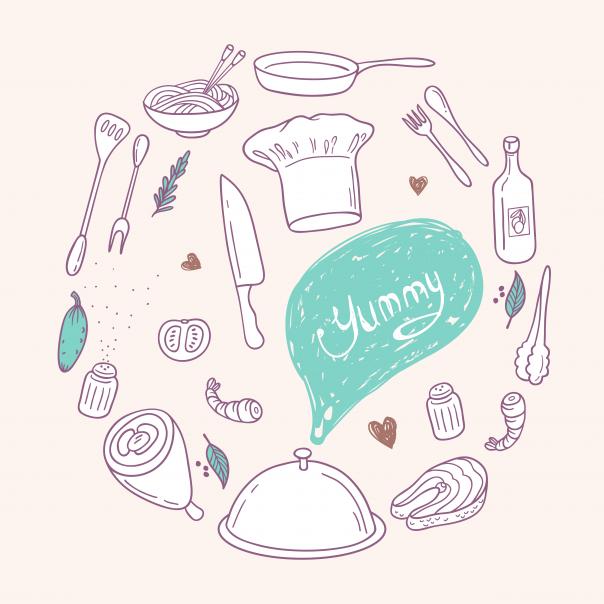
Mary Poppins wasn’t far off when she sang about a spoonful of sugar helping the medicine go down, as sugar was once the chosen medicine for ailments of the eye. Sugary sweets would be ground up and blown into the patients eye.
The act of eating a mince pie on Christmas Day is illegal in England. Festive celebrations, including mince pies and Christmas puddings, were banned in Oliver Cromwell's England as part of efforts to tackle gluttony. The ban has never been lifted so technically they are still an illegal treat on Christmas Day
Pumpernickel is a type of rye bread that is originally from Germany. The origin of the word is pretty entertaining: It's a German word that comes from pumpern, which means to to break wind and Nickel, a take on the name Nicholas, which is associated with goblins or devilish characters. The word comes from the bread's "reputed indigestibility." So, the bread can be translated as the devil's fart!!
With Bonfire Celebrations about to start this weekend, Lets look into a fact on Hot Dogs…
The Hot Dog season lasts from the unofficial start of summer, Memorial Day, until the unofficial end of summer, Labour Day. During this time about 20 billion hot dogs are consumed, which means more than 800 hot dogs per second!
A teaspoon of sugar with a few drops of vodka helps keep flowers fresher longer.
Most of the chocolate bars in the Willy Wonka & the Chocolate Factory film are made of wood. However, the famous chocolate river is made from the real thing mixed with water and cream.
In space, it is easy for bones to become weak and brittle, since zero gravity prevents a lot of bone use. To get their full calcium needs and densify bones, astronauts eat lots of natural yogurt while in space.
Health warnings to the contrary, there is no good scientific evidence that reducing salt in your diet cuts your risk of heart attacks, strokes or death.